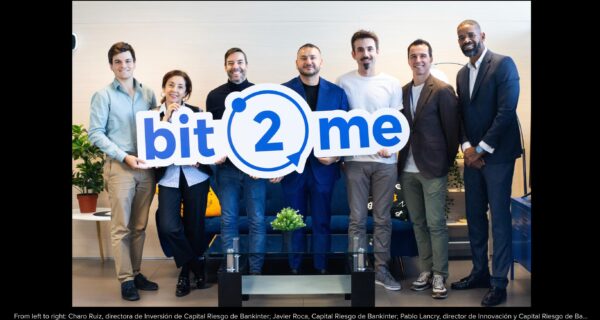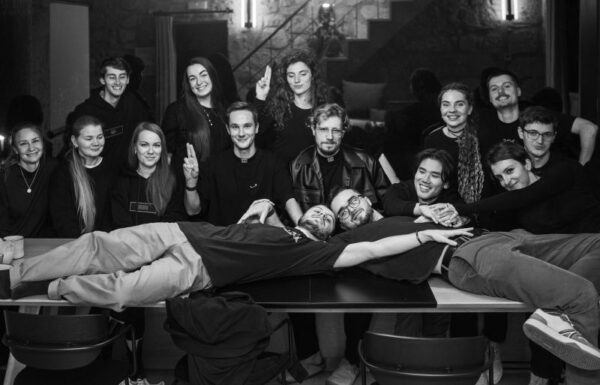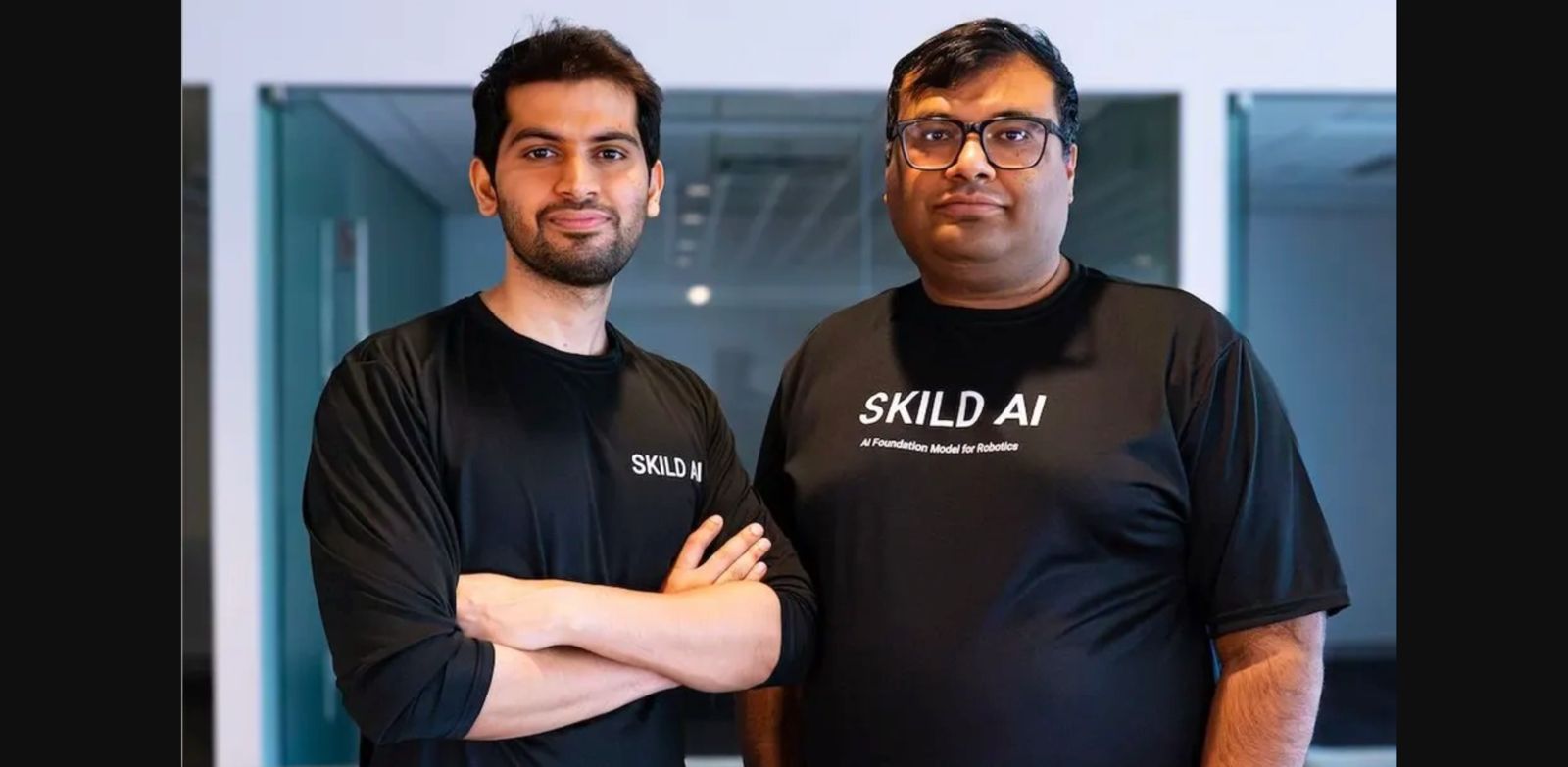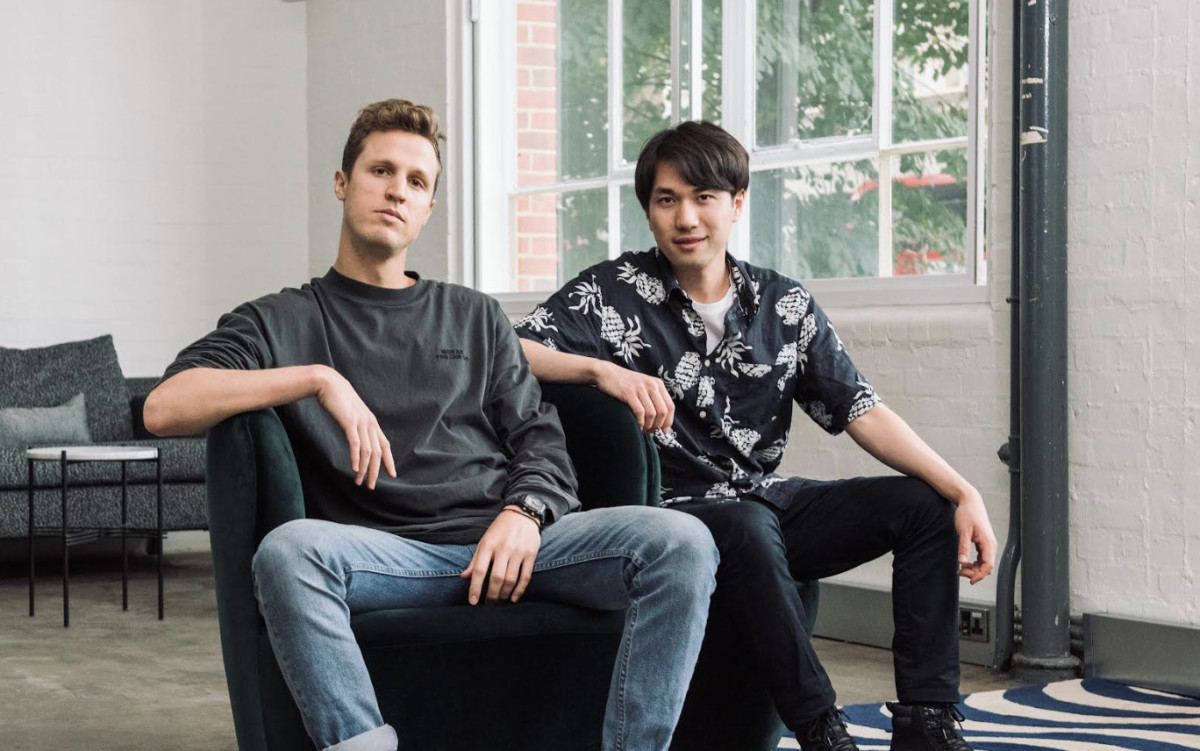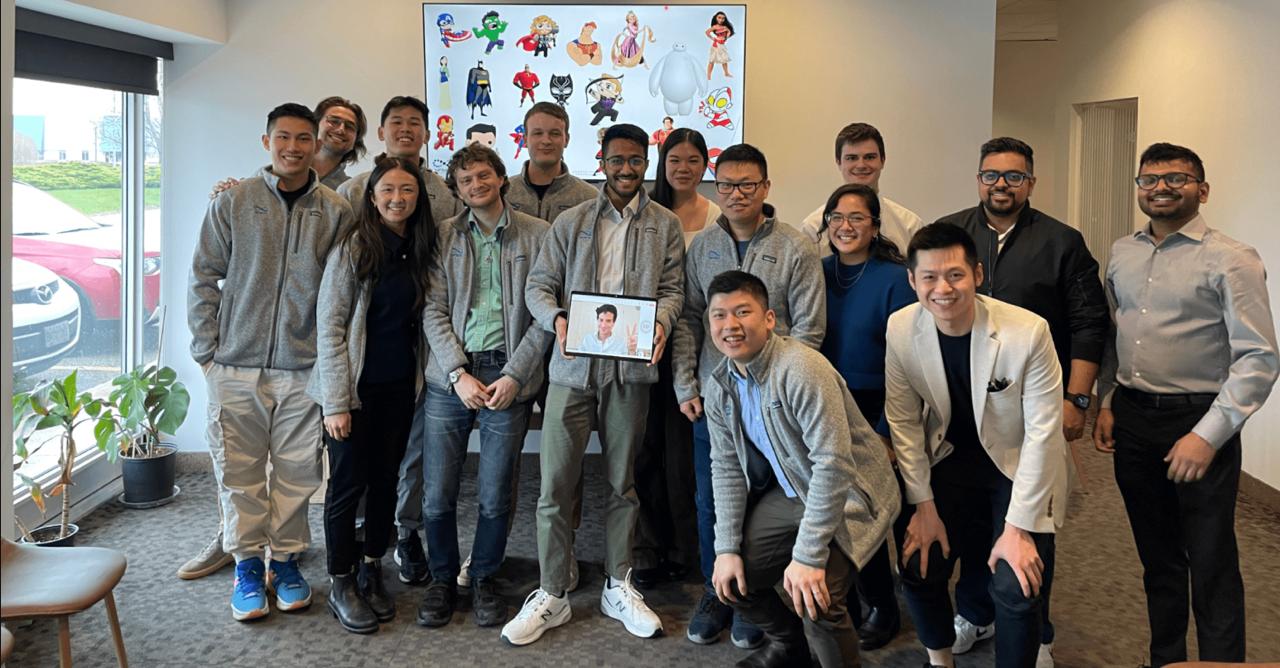In a decisive move for the interventional oncology space, ABK Biomedical has closed an oversubscribed US$35 million Series D round, led by J.P. Morgan Life Sciences Private Capital. Longtime backers including F‑Prime, Santé Ventures, Eight Roads Ventures, and a strategic but undisclosed medical device player also participated.
The fresh capital will underwrite the clinical operations of ABK’s lead asset, Eye90 microspheres®, and ready the company for commercialization phases. The firm also plans to scale its manufacturing capabilities and strengthen its supply chain to support broader deployment. The microspheres technology, developed in‑house, has already secured Breakthrough Device Designation from the FDA, amplifying its potential in treating life-threatening conditions.
“I am humbled by the outpouring of investor interest in this funding round,” said Mike Mangano, President & CEO of ABK Biomedical. “We welcome J.P. Morgan Life Sciences Private Capital to our Board of Directors, joining our outstanding syndicate of investors. Our ABK team is a best‑in‑class organization … we feel [our Route90 data will be] one of the most robust data sets ever completed within the Interventional Oncology subspecialty.”
Joe Siletto, Managing Partner at J.P. Morgan Life Sciences, added, “ABK’s development of Eye90 microspheres … has been recognized by the FDA as a Breakthrough Device Designation … They are executing well in their Route90 FDA IDE pivotal trial, and we are excited to help support the next steps in their company’s evolution.”
Behind the Headlines: What This Means for Oncology Device Innovation
ABK Biomedical’s ability to attract an oversubscribed raise at this stage speaks to growing investor confidence in imageable embolic therapies as a frontier in personalized interventional oncology. The Breakthrough Device status signals expedited regulatory support, placing Eye90 in a favored path toward market approval.
However, the transition from clinical validation to commercial scale is fraught. ABK must prove not only safety and efficacy in the pivotal Route90 trial, but also operational excellence: manufacturing consistency, cost control, and supply chain resilience. Its success may hinge on whether it can match clinical ambition with execution discipline.
If ABK nails the commercialization and adoption curve, it could help transform how certain liver cancers and hypervascular tumors are treated—shifting embolization from a black‑box procedure to a more precise, image-guided therapeutic option.
If you need further assistance or have any corrections, please reach out to editor@thetimesmag.com.

